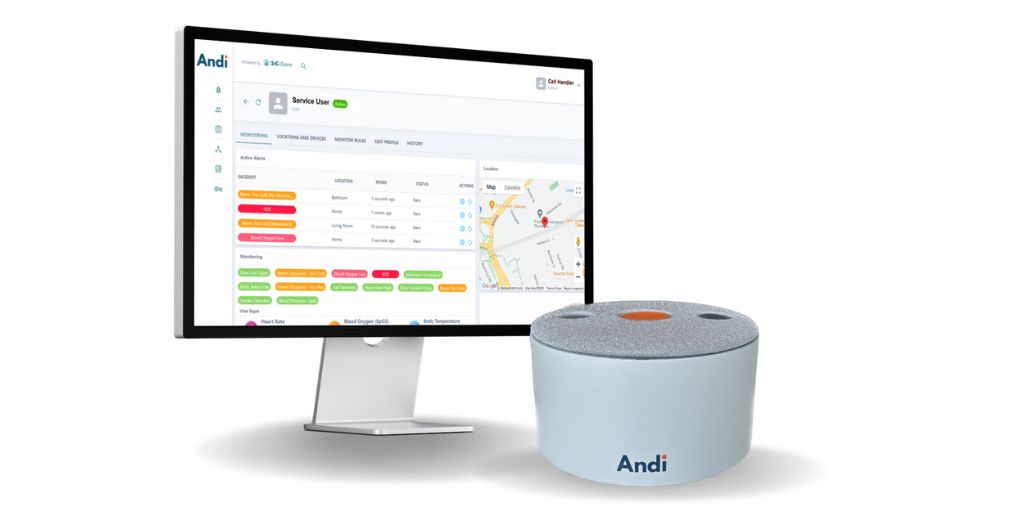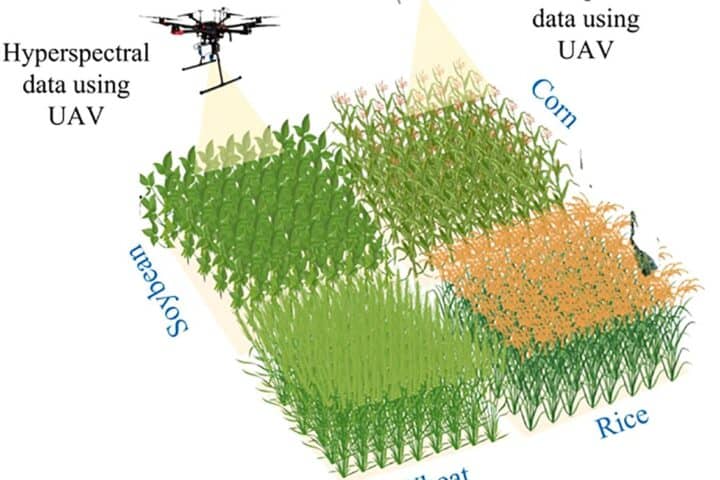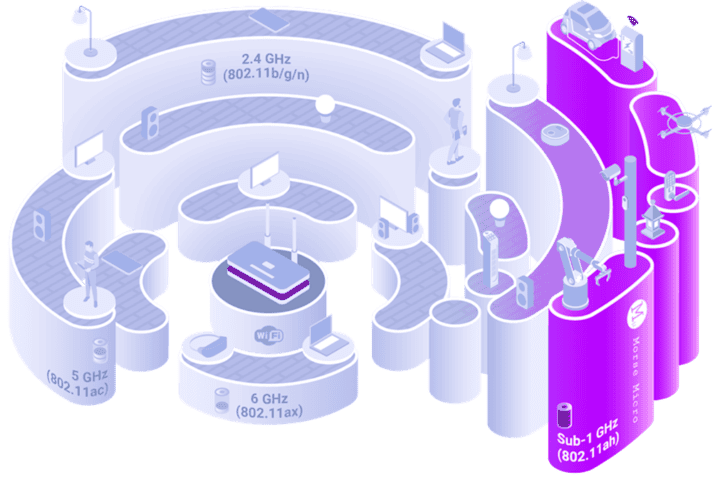Corserv Care, a leading council-run care service in Cornwall, has collaborated with supplier 2iC-Care to introduce a cutting-edge care platform aimed at revolutionizing care outcomes and cost management. The launch of Andi, 2iCCare’s innovative hub, marks a significant milestone in advancing care provision by offering an end-to-end solution equipped with real-time monitoring capabilities and customizable care provisions. By integrating modern technologies such as light and motion sensors alongside traditional telecare equipment, the Andi platform empowers staff to proactively respond to changes in patient behavior, ensuring timely and tailored care interventions.
Alison Waller, Managing Director of Corserv Care, emphasizes the importance of leveraging technology to address the growing demands and complexities of care needs while optimizing service delivery. The transition from analogue to digital telecare aligns with national initiatives aimed at enhancing care services’ efficiency and effectiveness. Government funding allocated for digitization initiatives underscores the urgency and significance of embracing digital solutions to improve care quality and resource allocation.
As the healthcare landscape evolves, care providers like Corserv Care are at the forefront of adopting innovative solutions to enhance patient outcomes and streamline operations. The move towards digitalization not only facilitates better data management but also fosters a more holistic approach to care delivery, ultimately enhancing the overall quality of life for service users.

Corserv Care Revolutionizes Social Care Digitization with Andi Platform Partnership
A modern care platform has been delivered in the area by Corserv Care, a council-run care service in Cornwall, in collaboration with supplier 2iC- Care.
With the help of the partnership, the care service will launch Andi, 2iC- Care’s modern hub, with the goal of enhancing care outcomes and controlling costs.
An end-to-end care solution, the Andi platform provides a real online alarm unit, an online dashboard, and integrated software that enables providers to customize their care provision and integrate with different digital solutions.
This includes light and motion sensors as well as current telecare equipment like fall monitors. Staff members can be alerted to any changes in calm behavior using the information the system gathers, enabling them to take swift action.
Embracing Care Service Innovation with Technology Integration
Alison Waller, the managing director of Corserv Care, stated that the care service would be unable to “meet the demand coming through the system” if it “keep doing the exact things.”
She continued,” We need to think creatively about how we can use technology to complement and enhance the care and support we’re offering to people.” She added that it’s hoped the new technology will make it possible for care services to be “very clear about individuals ‘ needs and give much more comprehensive assessment data” in order to guarantee that the right support and care for the service user is in place.

Cornwall’s Corserv Care, like the majority of care services in the UK, is having trouble juggling staff recruitment challenges and financial constraints while even trying to meet the growing demands and complexity of the care needs.
According to Waller, “if you avoid either a hospital admission or an increase in need, you know you are making general system savings and preserving the individual’s quality of life, which is the main focus.”
UK Care Providers Adapt to Digital Telecare Ahead of PSTN Upgrade
As in Cornwall, care providers in the UK are attempting to transition from analogue to digital telecare. This is because by December 2025, when BT will discontinue its legacy Public Switched Telephone Network ( PSTN), the nation’s telephone lines will have undergone an upgrade.
The government announced in April 2023 that it would   allocate £100 million to hasten the digitization of cultural care, a field that has lagged behind in the transition to digitalization. The funds will be used to purchase digital technologies, such as electric social care records, over the course of the following two years.
The announcement came at the same time as the government’s Better Care Fund framework, which calls for spending £16.8 billion over the next ten years to enhance cultural care services.
Sajid Javid, the then-health and social care secretary, set a government goal of 80 % of all care providers moving apart from paper-based records by March 2024. The government hopes that by doing this, staff members will have access to all the data they need to support a patient’s care online.
According to data from June 2023, modern social care records, which have so far been shown to significantly increase productivity, have been adopted by more than half of all social services providers.












